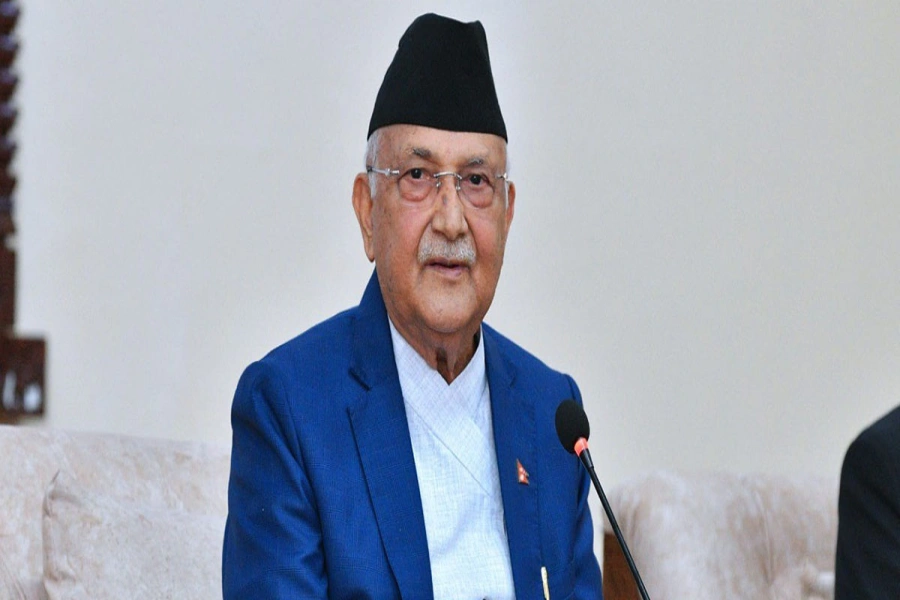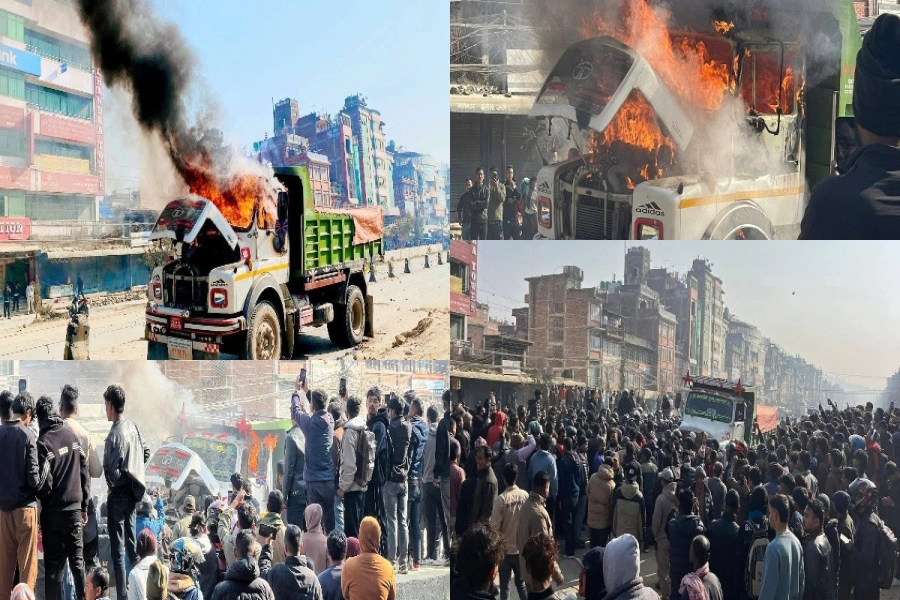ROLPA, Jan 25: Fanning the flames of her wood-burning stove, former Maoist combatant Sukamaya Budha recalled how she had taken up arms during the rebellion, believing to be fighting for change and equality.“Some change has come, indeed. But not for us – only for the politicians,” she said bitterly.Sukamaya was injured in an encounter with the security forces on September 7, 2003. A bullet pierced her right arm. Hiding from the state authorities, she managed to reach Lucknow of India for treatment. But her wound could not be completely healed.
Her injured hand is supported by a rod and it hurts constantly. “It aches during the summer as well as the winter. Basically it aches all the time. I cannot lift anything with it,” she said. After the peace process, Sukamaya received Rs 40,000 when she was forced to give up her combatant life. But that is all she received, nothing more and nothing less.“As it turned out to be, all my sacrifices were worth only Rs 40,000,” she said in a heartbreaking tone. She currently makes a living by operating a small eatery in her rural village at Jelwang.Prithvi Budha Minchau, another local of Jelwang, faces a similar predicament.
Psychology tricks that actually work

He was shot in the face by the army when he had taken his goats to a nearby filed to graze in August 2002. The bullet hit one of his eyes. As decided by the party back then, Sukamaya was married to him in 2005. The couple has been running a small eatery at their own house since 2012. They have two daughters and a son.“Some of those who we have fought alongside joined politics. They visit our village only during formal programs, especially during elections. They don't have time for us ordinary people. Interaction happens only when they knock on our doors asking for votes.”
She says that there are many people in the village who were injured during the insurgency and that some of them are in even worse conditions. "There are many injured people in the village. All of them have a similar pain. Let bygones be bygones. We have to forget the past. There is no other way," she laments.
Minchau further criticized the Maoist leaders of failing to deliver on their promises made during the war. “It's best to forget the past as recalling it only brings sadness and anger. There is no alternative forgetting the past.”






































